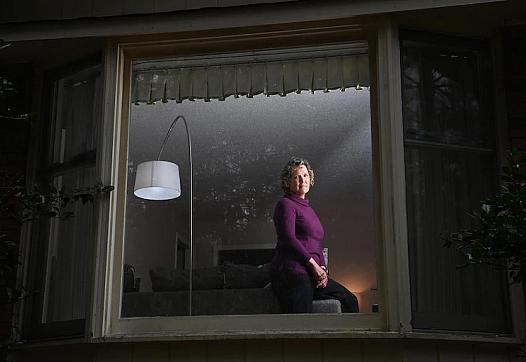
After struggling to get treatment for her mentally ill son, a mother’s act of desperation: Giving up custody.

After struggling to get treatment for her mentally ill son, a mother’s act of desperation: Giving up custody.
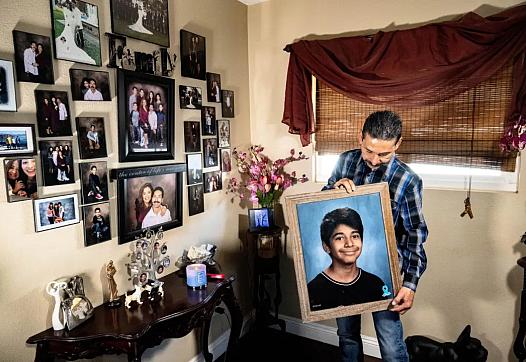
Diego Stolz, 13, was fatally assaulted at Landmark Middle School in 2019, but wrongful death lawsuit probably won’t be heard before 2023.
After an I-TEAM investigation and a recent supplemental grant from the state, the Richmond County Board of Education agreed to provide additional funds to address the growing needs among homeless students and the record number of teens missing from the classroom.
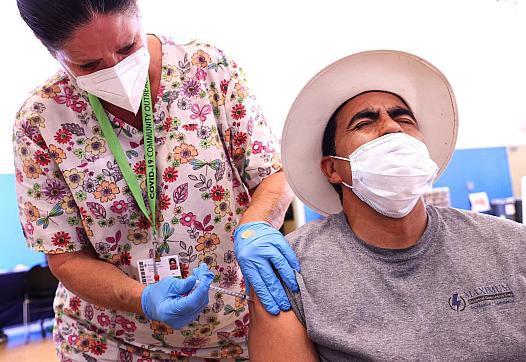
Recientemente, Willmington, California ha perdido más vidas de lo usual. El poder, la contaminación ambiental, y las dinámicas socioeconómicas tienen la culpa.
Kyeland Jackson reports the first in a three-part series on a little-known Medicaid policy.
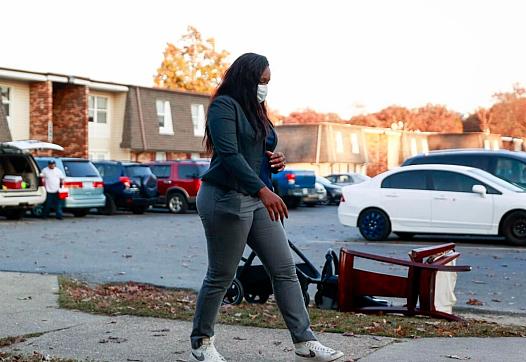
How policy decisions and limited investment in Virginia made Latinos the most likely to get infected, hospitalized and die.
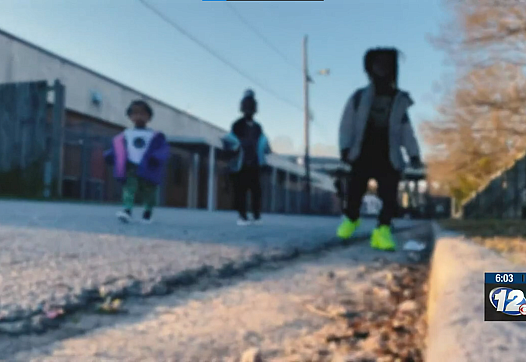
They are the youngest victims of the homeless crisis in Augusta. Young, helpless faces that are tired, weary, and in need of rest, shelter, and food. And in need of an education.
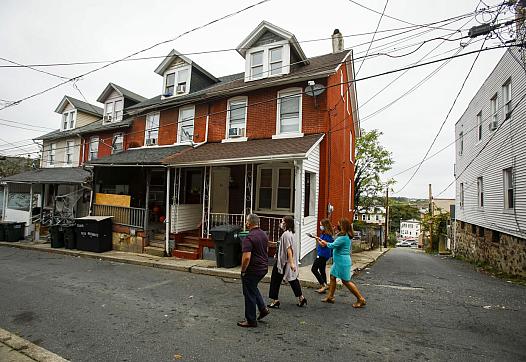
Alicia Creazzo will never forget the day three children showed up on her doorstep at Broughal Middle School with their cat in a backpack.
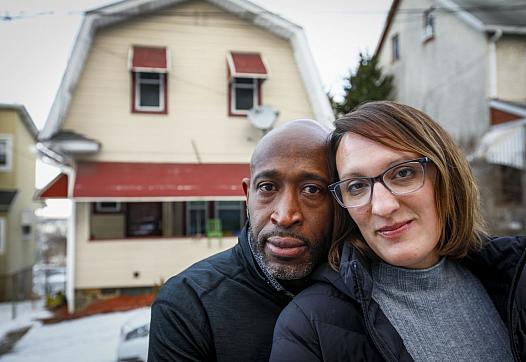
This article was produced as part of a project for the USC Annenberg Center for Health Journalism’s 2021 National Fellowship, which provided training, mentoring, and funding to support this project....
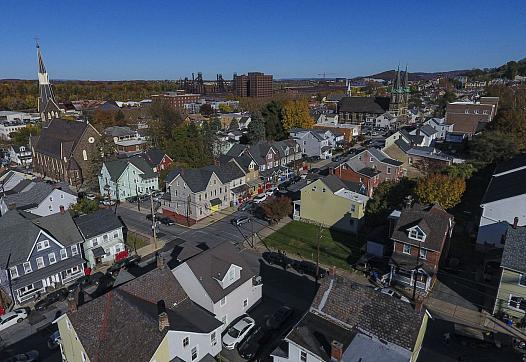
South Bethlehem is shedding its gritty, industrial roots for a new chapter that current residents hope doesn’t leave them behind.